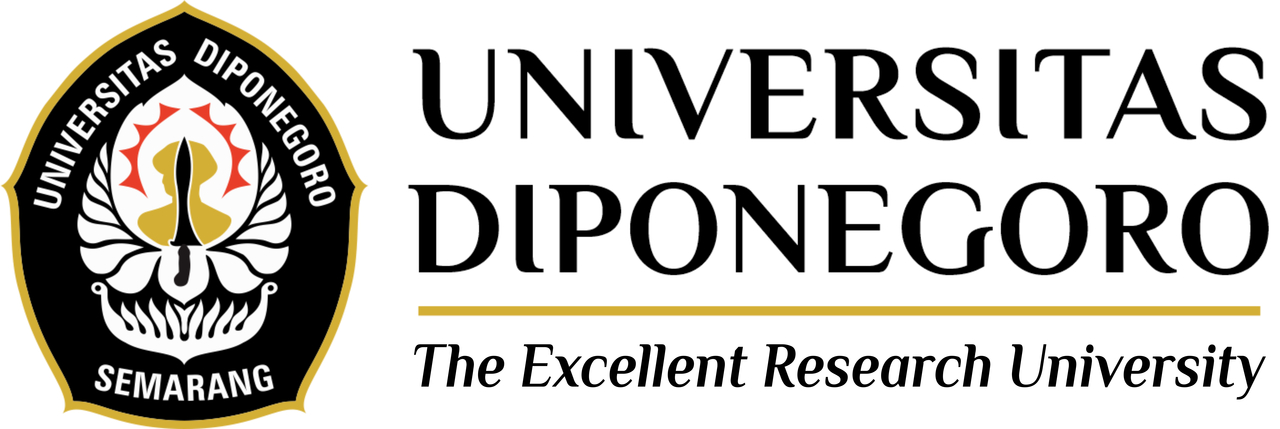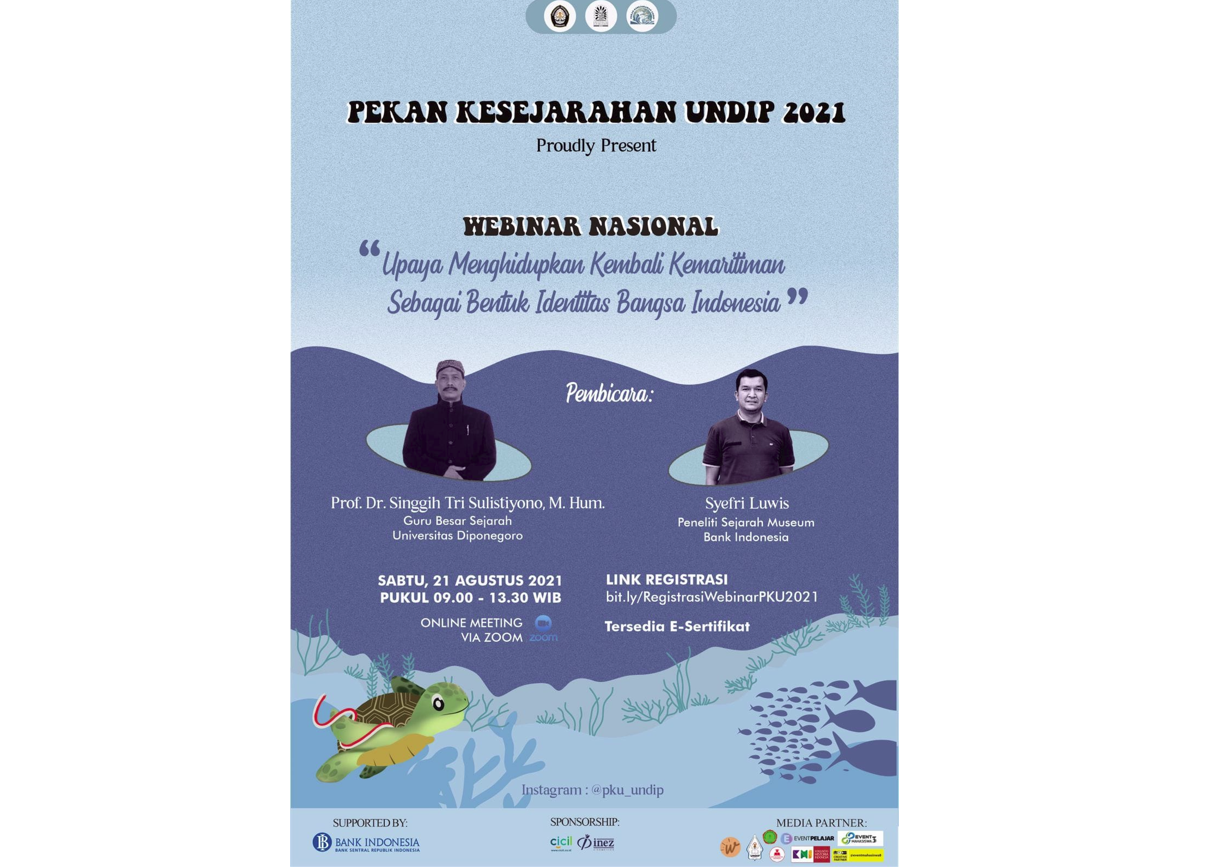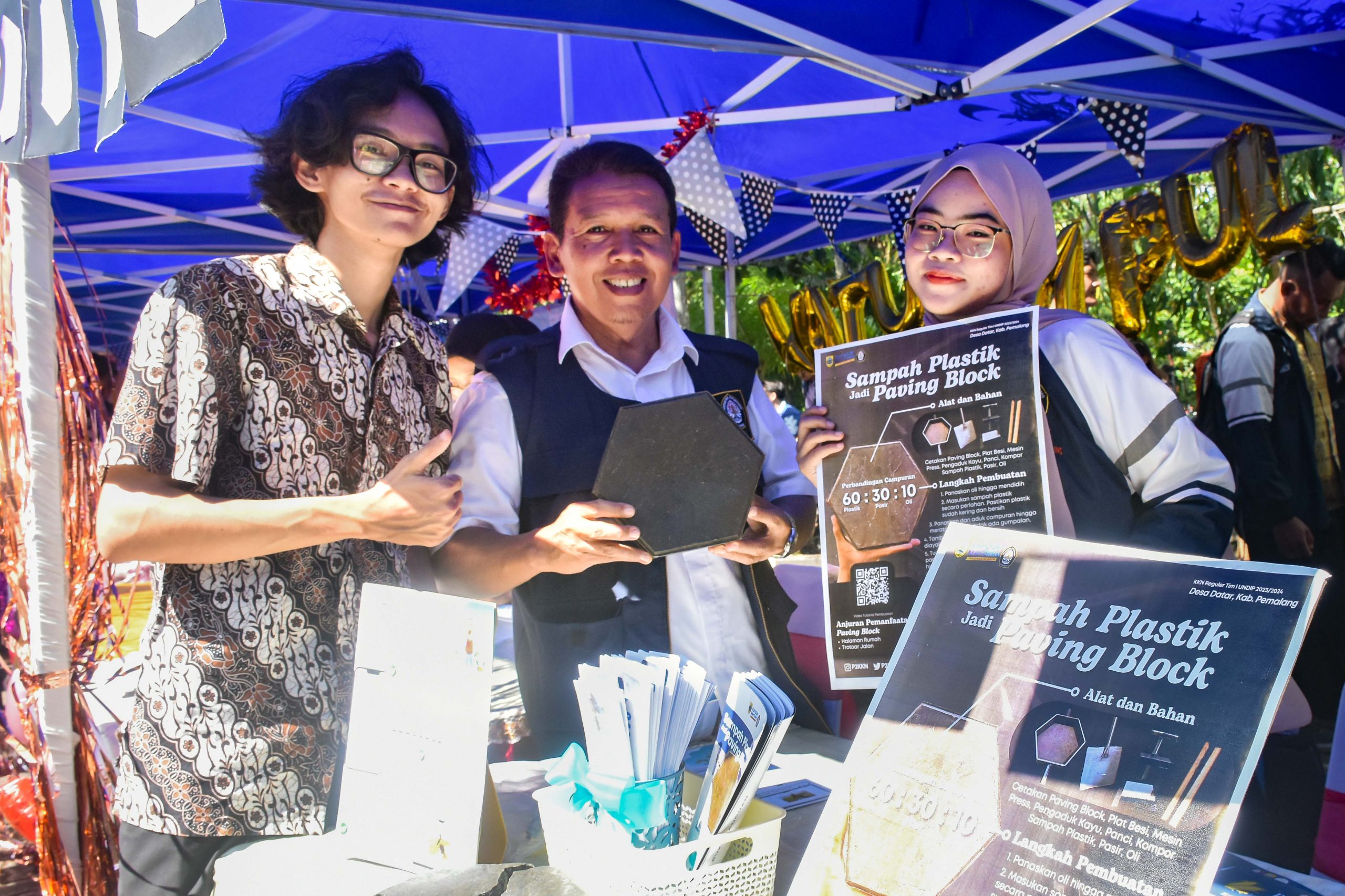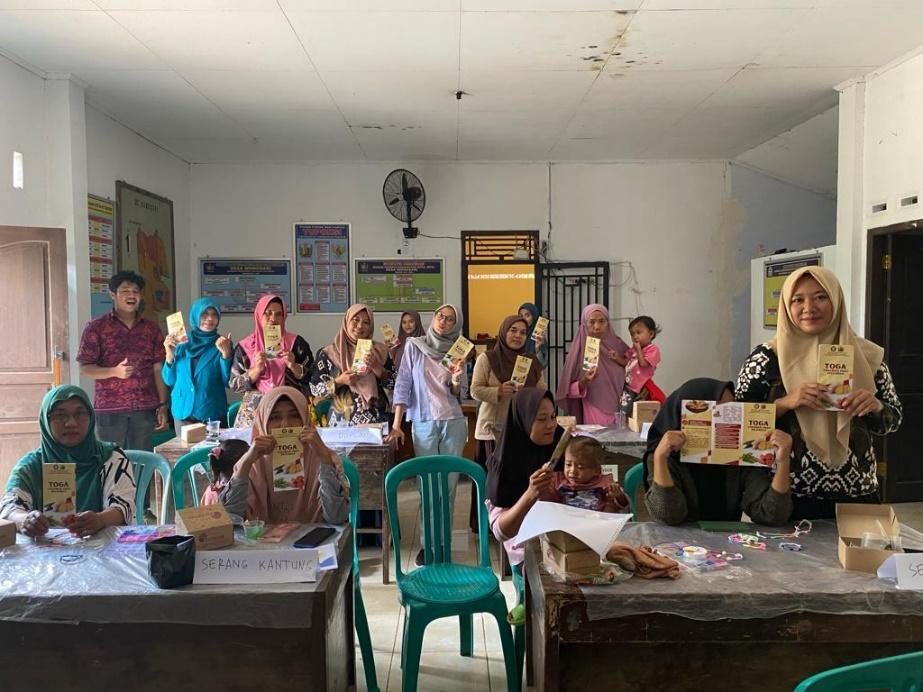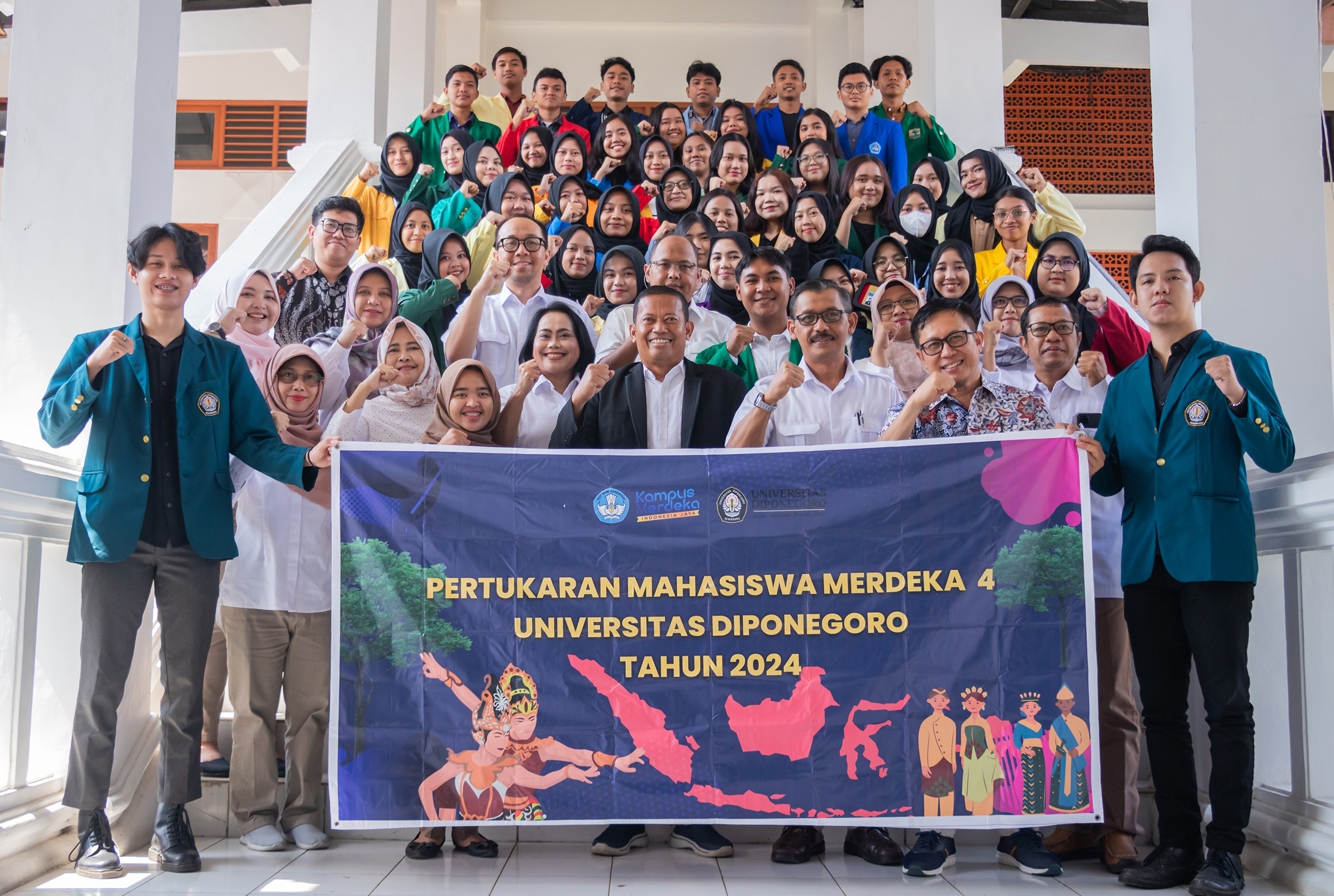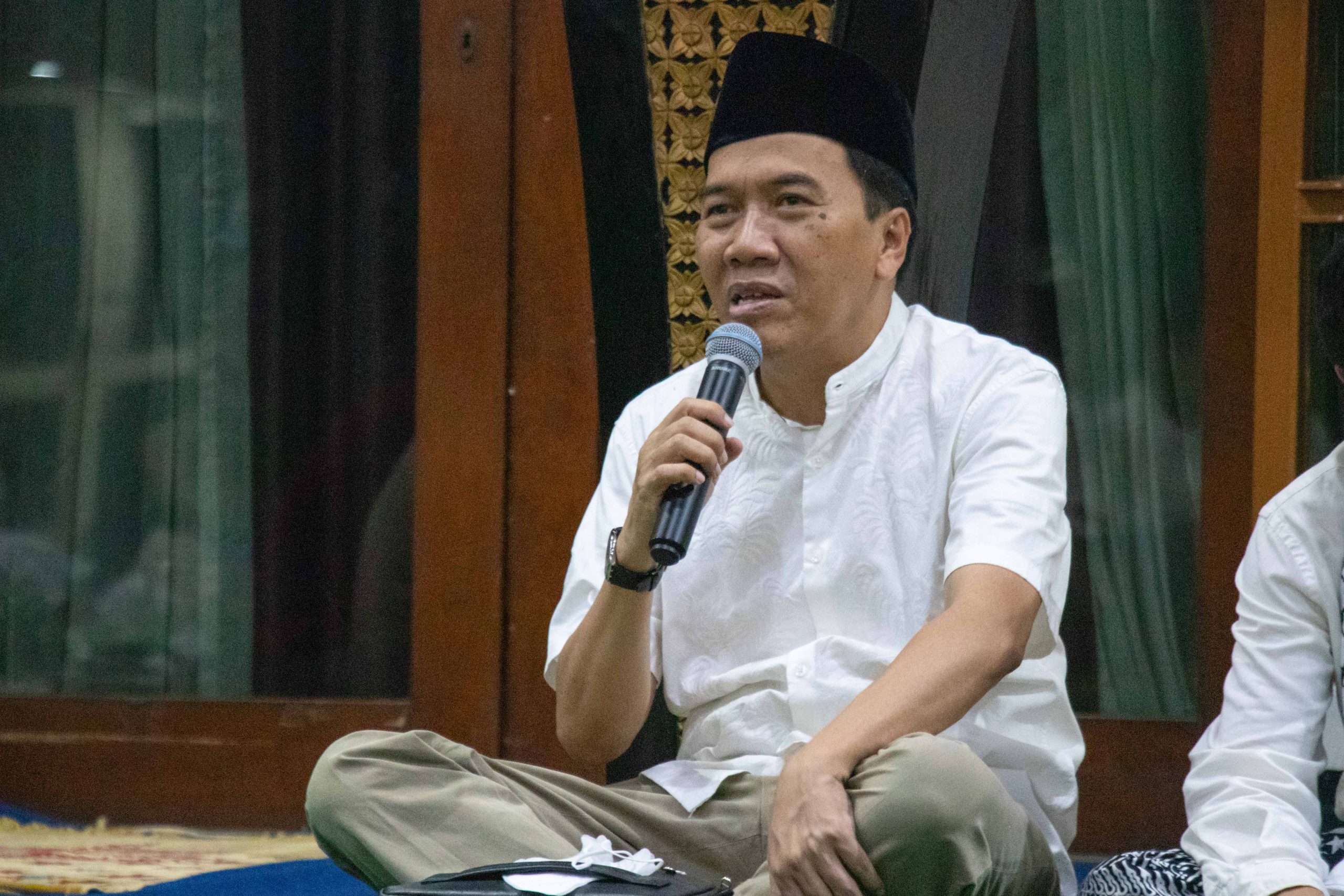History Student Association of Faculty of Humanities, Diponegoro University, held Undip Welfare Week National Webinar 2021 with the theme of “Efforts to Revitalize Maritime Affairs as a Form of Indonesian National Identity”, on Saturday (21/8). Present as speakers are Prof. dr. Singgih Tri Sulistiyono, M. Hum. (Professor of History Undip) and Syefri Luwis (History Researcher for Bank Indonesia Museum).
When delivering his material, Prof. Singgih said that the maritime paradigm is a pattern of thought or perspective on oneself and the environment as a maritime nation and state that will influence them in thinking (cognitive), acting (affective), and behaving (conative/psychomotor). Based on geographical facts and historical experience, Indonesian people have lived their historical destiny as a maritime nation. However the domination of colonialism has dimmed that historical destiny. Therefore, the task of the current generation is to complete the historical destiny as a great maritime nation in the future that is in accordance with the identity of Indonesian nation.
“The maritime paradigm is a development concept based on the identity of Indonesian nation as a maritime nation originating from the historical journey as a community of nations occupying the archipelago. While the definition of a Maritime State for Indonesia is a country that is able to build its maritime power (seapowers) both in the fields of shipping and trade (merchant shipping), maritime defense and security forces (maritime fighting instruments), and advances in maritime technology. A maritime state is able to take advantage of the potential owned synergistically (sea and land) within the framework of geopolitical dynamics in order to achieve the prosperity and glory of the nation and state,” he said.
“To build a great maritime nation, it is necessary to socialize and enculturate historical cultural values and maritime culture through the media of education, art, literature, and so on. This is related to the fact that during the colonial period the soul and spirit of the sea had decreased,” he continued.
Meanwhile, Syefri Luwis in his material entitled “Spices and Currency of the Royal Era: An Attachment”, stated that in ancient times, spices became a symbol of exoticism, wealth, prestige, and filled with sacredness that was once valued as equal to gold. Spices at that time became a symbol of exoticism, wealth, prestige, as well as being used as flavorings, preservatives, and drugs for various diseases. Thus the trading era resulted in demand for currency flowing into the archipelago. (Linda – Public Relations)
Translated by: Titis (Public Relations)
